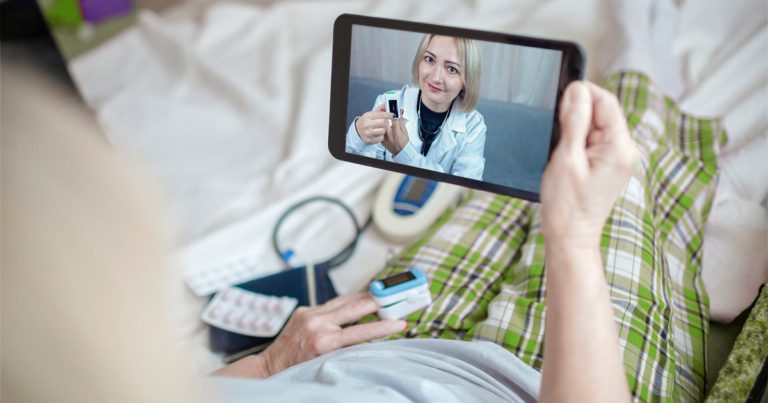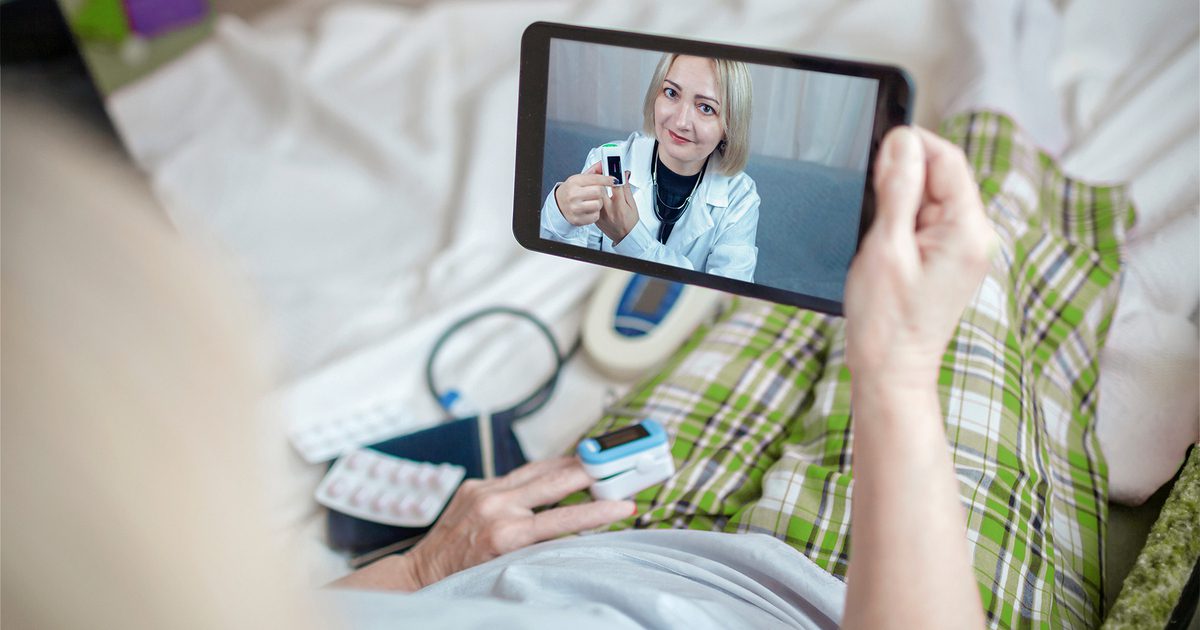A significant barrier to allergists providing remote therapeutic monitoring services has now been removed. Effective Jan. 1, any Remote Therapeutic Monitoring (RTM) services (CPT codes 98975, 98976, 98977, 98980, and 98981) may be provided under general, rather than direct, supervision. This means that these services do not require a physician’s presence during the performance of the procedures and may be furnished under the physician’s overall direction and control. This includes the following clinical labor services administered by auxiliary personnel:
- Communicating with the patient.
- Resolving technology concerns.
- Reviewing data.
- Updating and modifying care plans.
- Addressing issues if the patient’s condition is not improving.
The new flexibility opens up options for allergists providing RTM services, including having third party vendors provide RTM services.
Remote therapeutic monitoring (RTM) services represent the review and monitoring of data related to signs, symptoms, and functions of a therapeutic response. RTM is intended to monitor health conditions, including respiratory system status, therapy adherence, and therapy response. Data can be self-reported by the patient, as well as transmitted automatically by a device. Allergists and their patients have benefited from the ability to remotely monitor therapeutic responses. For example, allergists have used Bluetooth sensors attached to a patient’s inhaler to track the frequency of inhaler use. Technology, like Bluetooth, assists allergists in understanding the patient’s asthma triggers and avoidance measures.
Effective Jan. 1, 2022, the Centers for Medicare and Medicaid Services (CMS) established five Current Procedural Terminology (CPT) codes to describe RTM – three codes for practice expense (PE) and two codes for professional work/treatment management.

| Code | Description | PE Only |
|---|---|---|
| 98975 | Remote therapeutic monitoring (e.g., respiratory system status, musculoskeletal system status, therapy adherence, therapy response); initial set-up and patient education on use of equipment | X |
| 98976* | Device(s) supply with scheduled (e.g., daily) recording(s) and/or programmed alert(s) transmission to monitor respiratory system, each 30 days | X |
| 98977 | Device(s) supply with scheduled (e.g., daily) recording(s) and/or programmed alert(s) transmission to monitor musculoskeletal system, each 30 days | X |
| 98980 | Remote therapeutic monitoring treatment management services, physician or other qualified health care professional time in a calendar month requiring at least one interactive communication with the patient or caregiver during the calendar month; first 20 minutes | |
| 98981 | Each additional 20 minutes (List separately in addition to code for primary procedure) | |
| *CPT Code 98976 was developed with input from a manufacturer of a device that monitors inhaler usage by patients with asthma or other respiratory conditions. | ||
However, when the RTM codes were originally created, a physician (or non-physician practitioner) was required to directly supervise the clinical staff who furnished the treatment management of RTM services. This differed from remote physiological monitoring (RPM) services – which could always be provided under general physician supervision (i.e., provided by a physician’s clinical staff without the physician being in the office or on site).
The College is pleased CMS has provided this RTM, allowing allergists to more easily provide these important services to their patients and be compensated for their work.
For more information about Remote Patient Monitoring and Remote Therapeutic Monitoring, watch the College webinar RPM and RTM for Allergists and read our article Making RPM and RTM work for your practice.
The Advocacy Council – ADVOCATING FOR ALLERGISTS AND THEIR PATIENTS.



